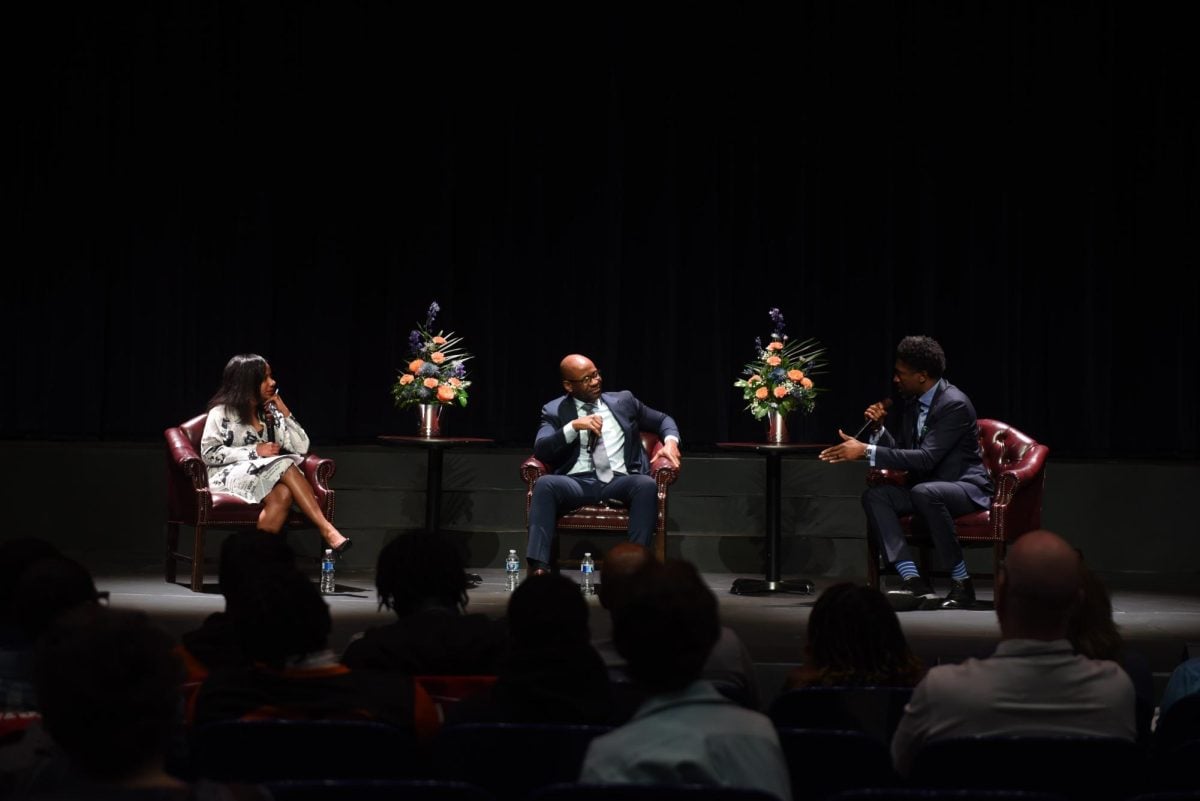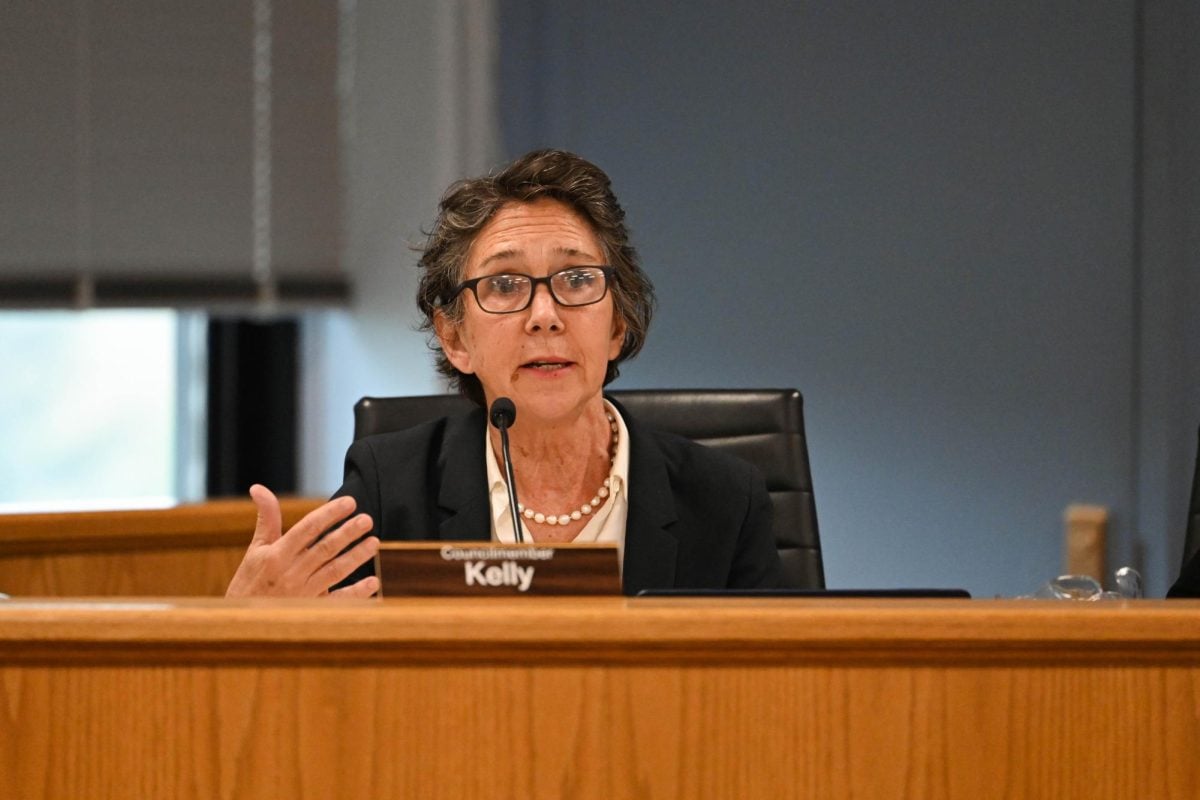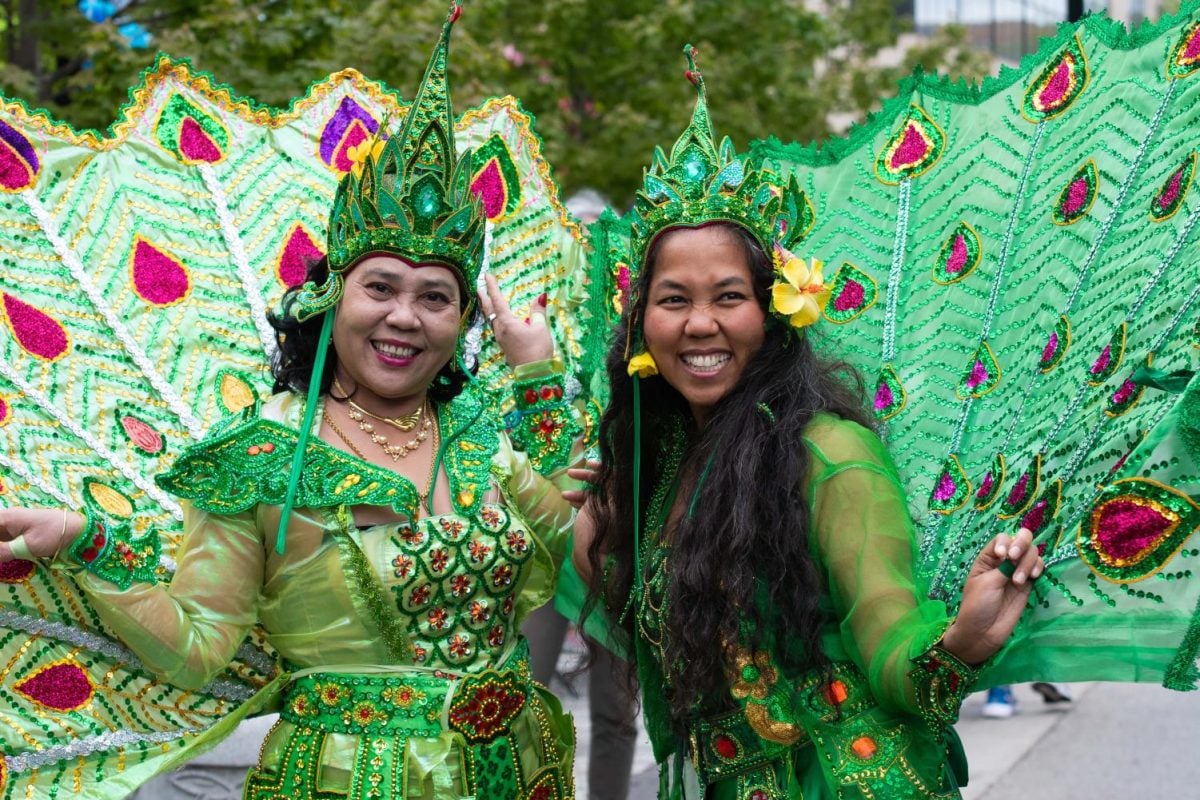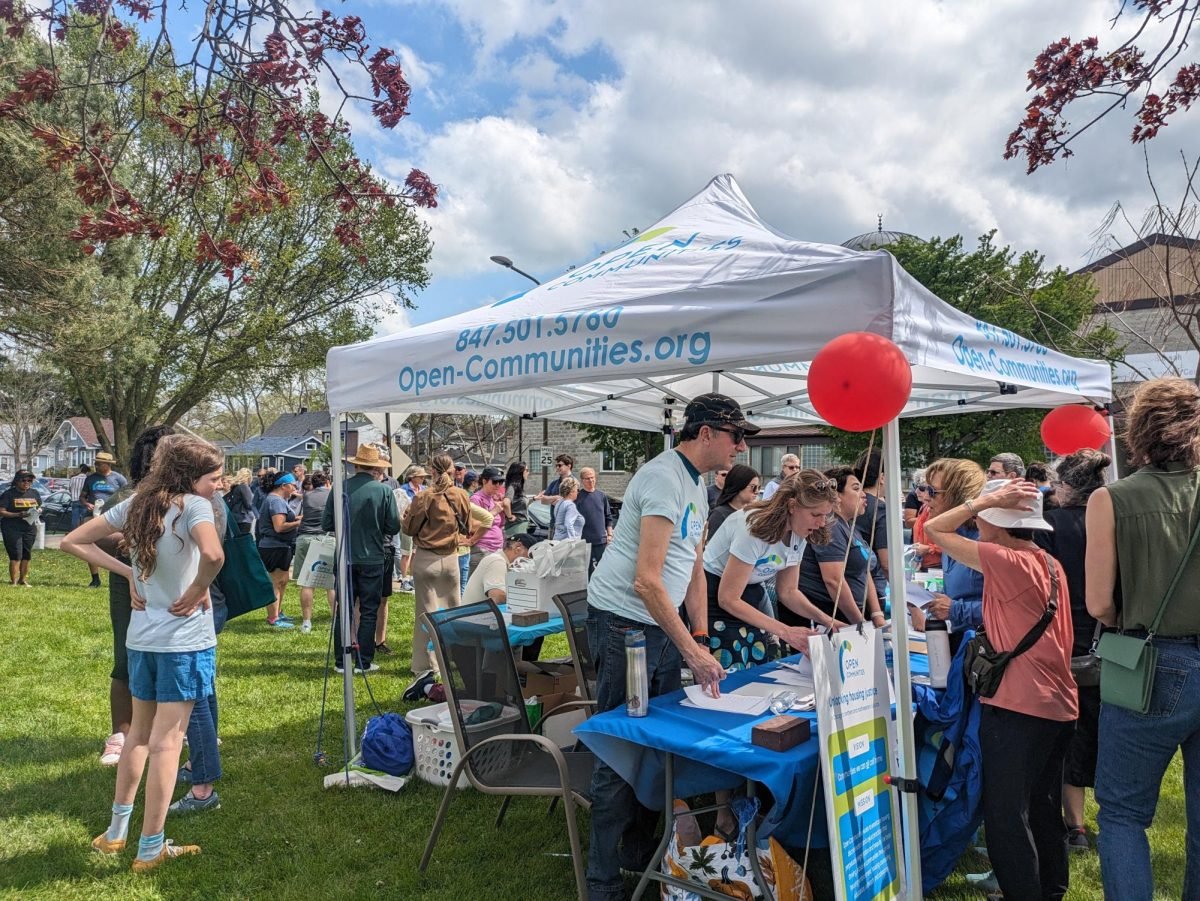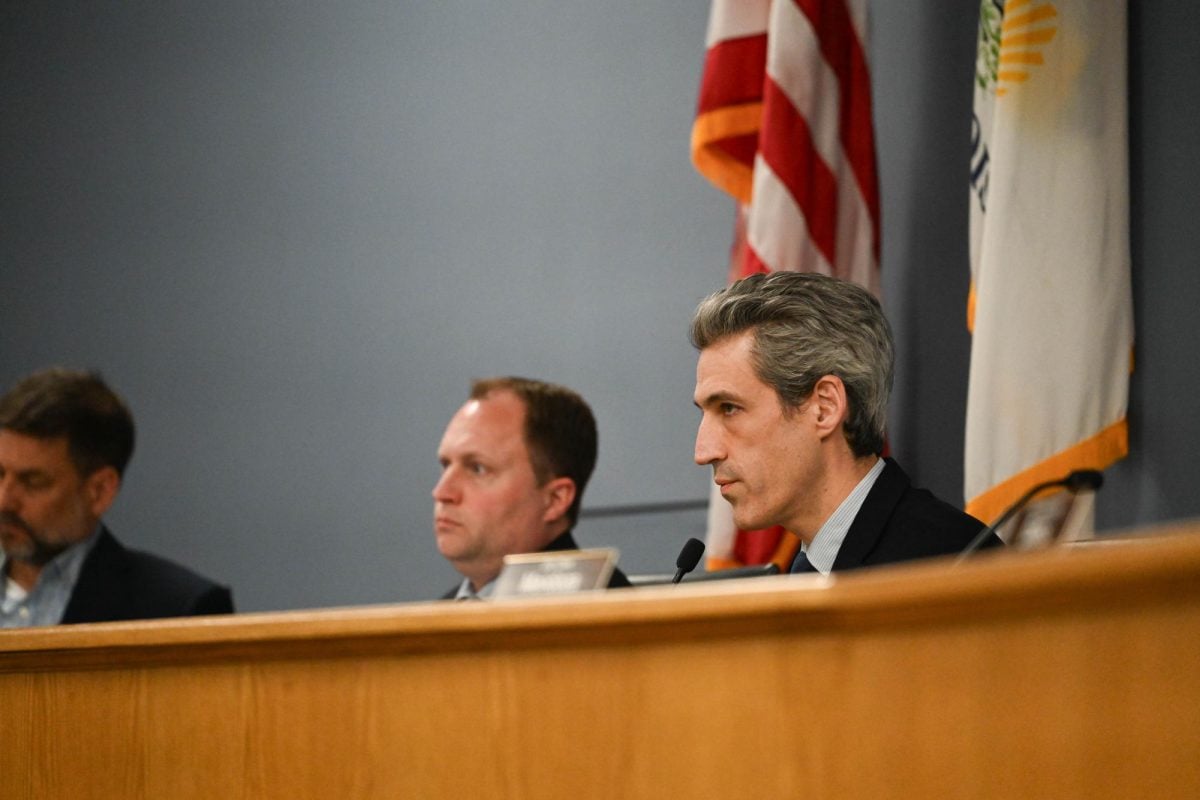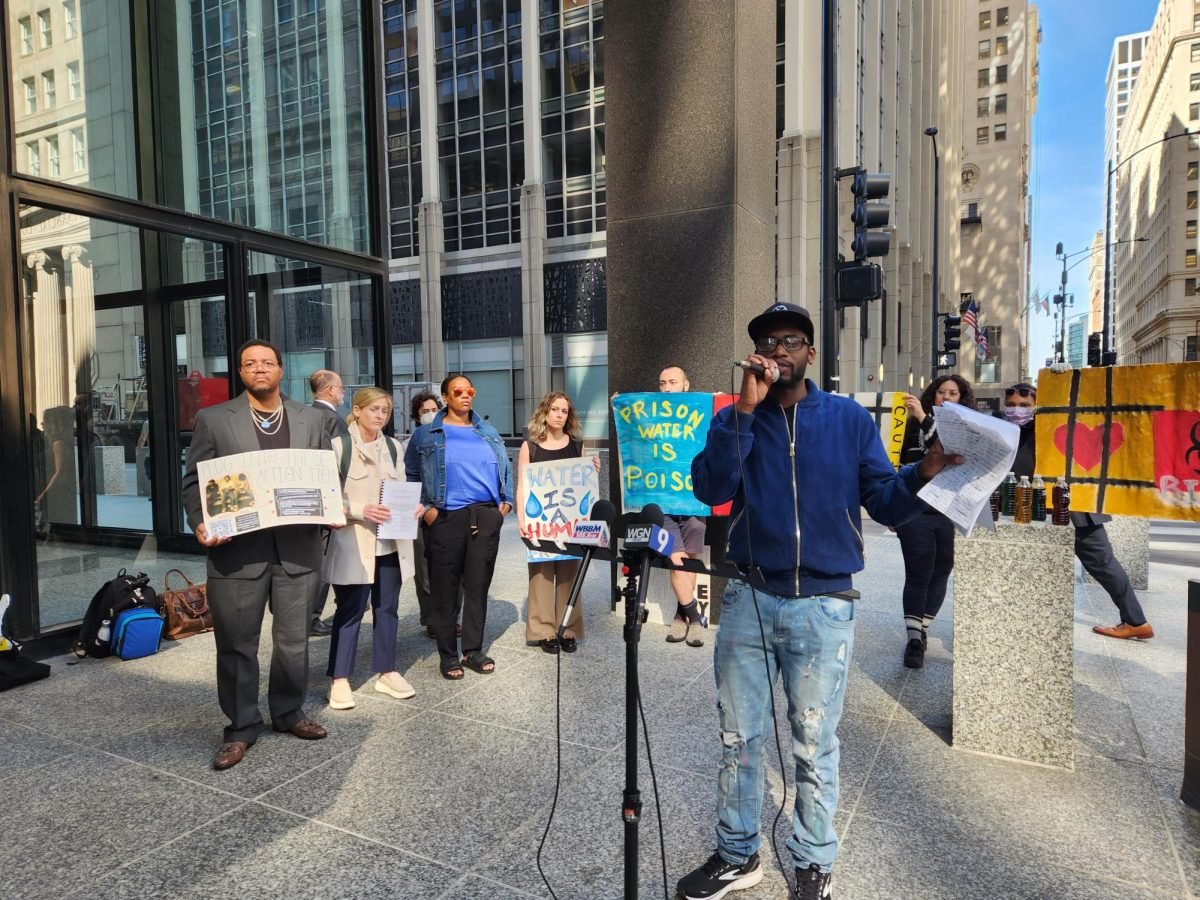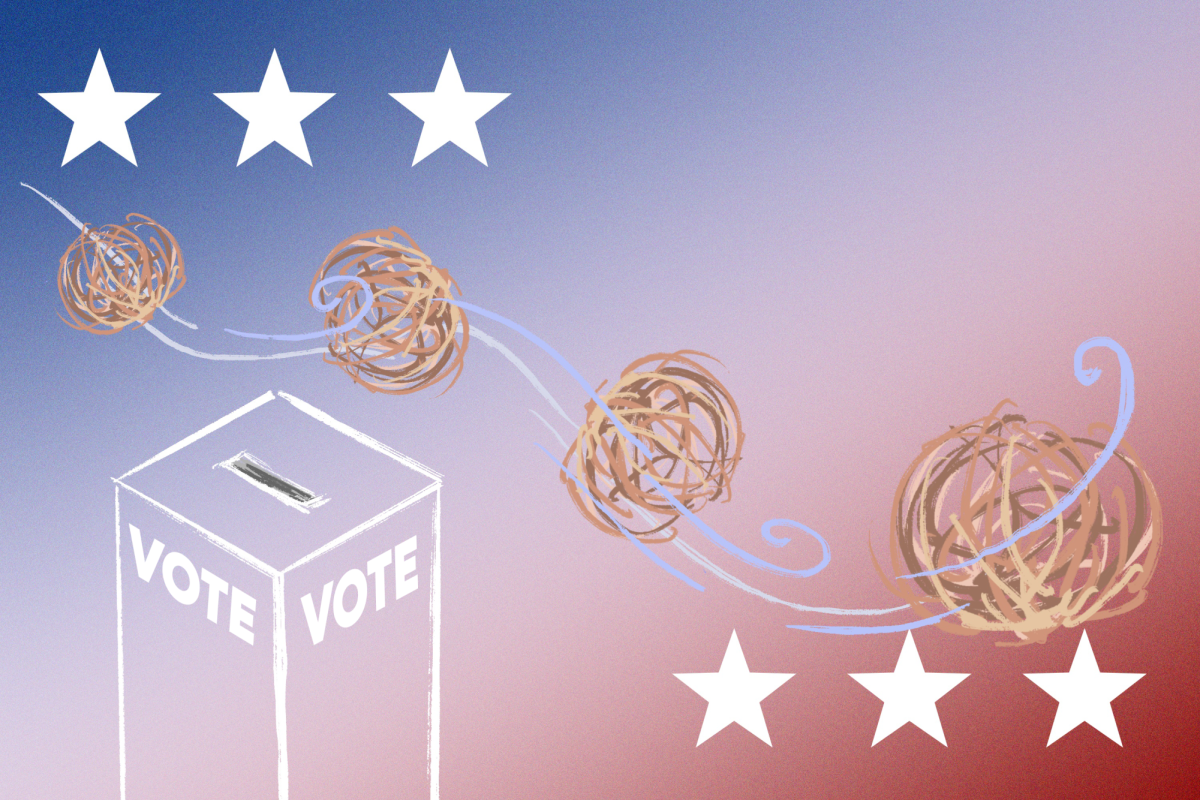A former Evanston resident won a 1,000-mile dog sled race Tuesday for the first time in his mushing career. Hugh Neff, 44, and his Alaskan Husky, Walter, propelled the team to a victory in the Yukon Quest – by a mere 26-second margin.
The race, which covered territory between Whitehorse, Yukon Territory, and Fairbanks, Alaska, involved 23 mushers and a first-place award of $28,395. Neff vied for the prize for nine days, 17 hours, 14 minutes and 49 seconds.
Daily: How did you become interested in dog-sled racing?
Neff: I had Labradors and a German Shepherd growing up, but I didn’t know much about dog mushing until I moved to Alaska. This all came together over time. I just saw some videos, read a book and worked with some native people in a native village in the Yukon River, where I learned how to dog mush.
Daily: Did living in the cold Evanston weather contribute to your interest in dog mushing?
Neff: Definitely. It was magical. Back in the ‘80s, I was one of those people who wasn’t into the social scene very much. I had dogs. I didn’t really like doing many sports. I liked to hang out in the woods most of the time with the dogs and go for hikes. It’s all about nature for me.
Daily: How did you train for this event?
Neff: Every year I do about 2,000 miles of training. You have to start out in August with 10-milers and then bump it up gradually over time. By the time before your race, you’ll do 80-mile runs with no problem. We do most of our runs in the dark. It’s better for the dogs. You go a lot faster, and we like it a little bit colder.
Daily: Was there anything unusual about the race?
Neff: Every day it was about 25 (degrees) above, but it should have been about 15 to 20 below zero. The storms are a lot worse these days; we have to deal more with wind.
Daily: What was different about this race, as opposed to your previous races, that caused you to win?
Neff: I think experience and perseverance. This is my 20th 1,000-miler, and I’ve been more comfortable with what I’m doing. Everything fell together for me during this race.
Daily: Who was this race dedicated to?
Neff: Geronimo, my boy who I personally lost in a storm last year. It was one of the most devastating things I had to go through in my life. Geronimo was an amazing dog. The amazing thing about this race was his brothers and sisters were up in front of the dog team. They’re the main leaders.
Daily: How did you choose the dogs?
Neff: I have 40 dogs; some are retired, young or pups. But your main race team is about half of that. Through those 20 dogs, I come up with 14 dogs for the race. A lot of it is determined on their appetites and their health conditions. It’s all about how you care for your canine. Animal husbandry is what this race is all about. I look for dogs that are pleasers. There must be a big bond between you and the dog. Also, experience is important.
Daily: What do you do when you’re not dog-sled racing?
Neff: I come in through the Chicagoland area in May. I travel all month talking to about three schools. I’ve been to New York, Atlanta, all the way down south and up and down the East Coast.


